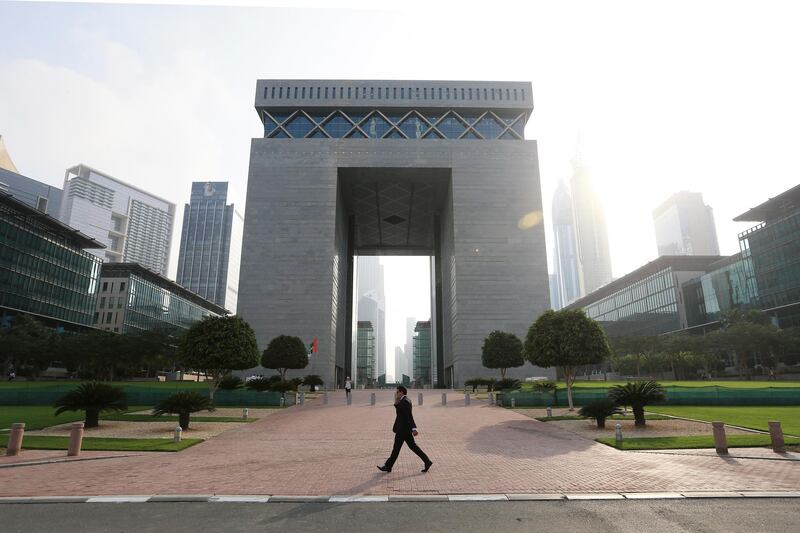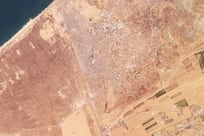Assets under management are forecast to more than double in 2020 from 2016 levels in the Arabian Gulf region as Sharia-compliant investments continue to rise and an expanding middle class presents more growth opportunities.
The total assets managed by fund managers in the GCC, a region which accounts for about a third of the world's proven oil reserves, are expected to rise to US$110.9 billion in 2020 from $45.8bn in 2016, according to a report released by Dubai International Financial Centre (DIFC) yesterday.
The report, Mapping Opportunities in the Middle East, Africa, and South Asia region (Menasa) region, complied in partnership with Thomson Reuters, explores investment opportunities in the broader Menasa region and provides a five-year projection for wealth management in key countries.
Within the GCC, the asset management market in Saudi Arabia, the Arab world's largest economy, is expected to swell to more than $50bn in 2020 from $22.39bn in 2016, while assets under management in Bahrain are expected to grow to $22bn from $18.3bn for the same period, the report added.
DIFC, Dubai's onshore financial hub was established more than a decade ago and Abu Dhabi Global Market in the capital house a significant number of local, regional and international fund managers.
More inbound investment is expected and assets under management in the UAE are forecast to expand to $18.9bn in 2020 from just $1.65bn in 2016, according to the report.
_______________
Read more:
Abu Dhabi Financial Group plans flotation of Dh3 billion Reit this year
Market analysis: GCC bonds attract more takers
Rise in GCC sovereign debt sales likely with pending US rates hike
_______________
"DIFC has identified the wealth and asset management industry as having huge potential for growth over the next five years, which is why we are making a number of enhancements to our platform," said Arif Amiri, the DIFC Authority chief executive.
"From the Dubai Financial Services Authority's recently updated Collective Fund Regime to potential legislative changes on the horizon, we believe Dubai and DIFC can play a central role in attracting assets to the region and preparing it for the future of the financial services industry."
At the end of 2016, total assets under management in the Menasa's key financial centres such as India, South Africa, Nigeria, Egypt and the GCC countries was at $436.5bn, which the report projected to reach $678.9bn in 2020.
Islamic asset management has continued to grow, at a moderate compound annual growth rate of 2.44 per cent since 2012 to reach $58.9bn at the end of 2016.
Although, the Sharia-compliant investments have strong demographic demand, they remain under-utilised, the report noted. Sharia-compliant pension funds, which represent just 1 per cent of global Islamic funds, could be a key contributor to the Islamic fund management industry, it added.
"Dubai sits in a wealthy region that is seeing significant growth in infrastructure development. However, the strong demand for infrastructure development is faced with a significant funding gap, despite an estimated $120 trillion of capital sitting with institutional investors and banks," said Salmaan Jaffery, chief business development officer at the DIFC Authority.
That gap represents an opportunity for asset managers, insurers and public pension funds to take a more active role, he added.
"We believe that Sharia-compliant investments can also be integral to driving the growth of infrastructure projects," said Mr Jaffery.
The DIFC report also underlined expansion of the middle class in emerging markets, which has created opportunities with financial sectors previously focused on exporting capital and now reinvesting that capital at home.







